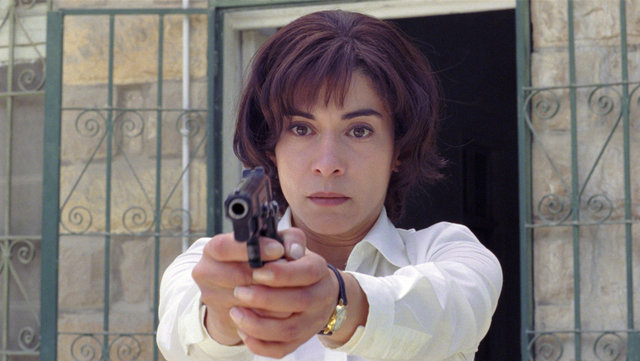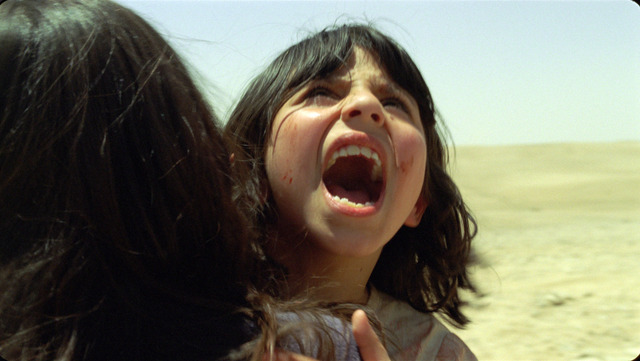Incendies Pulls The Curtain Back On Family History, Regional Strife
Wrenching Middle Eastern Drama Pulls The Curtain Back On Family History, Regional Strife


punk? ... Well
Latest Article|September 3, 2020|Free
::Making Grown Men Cry Since 1992


punk? ... Well